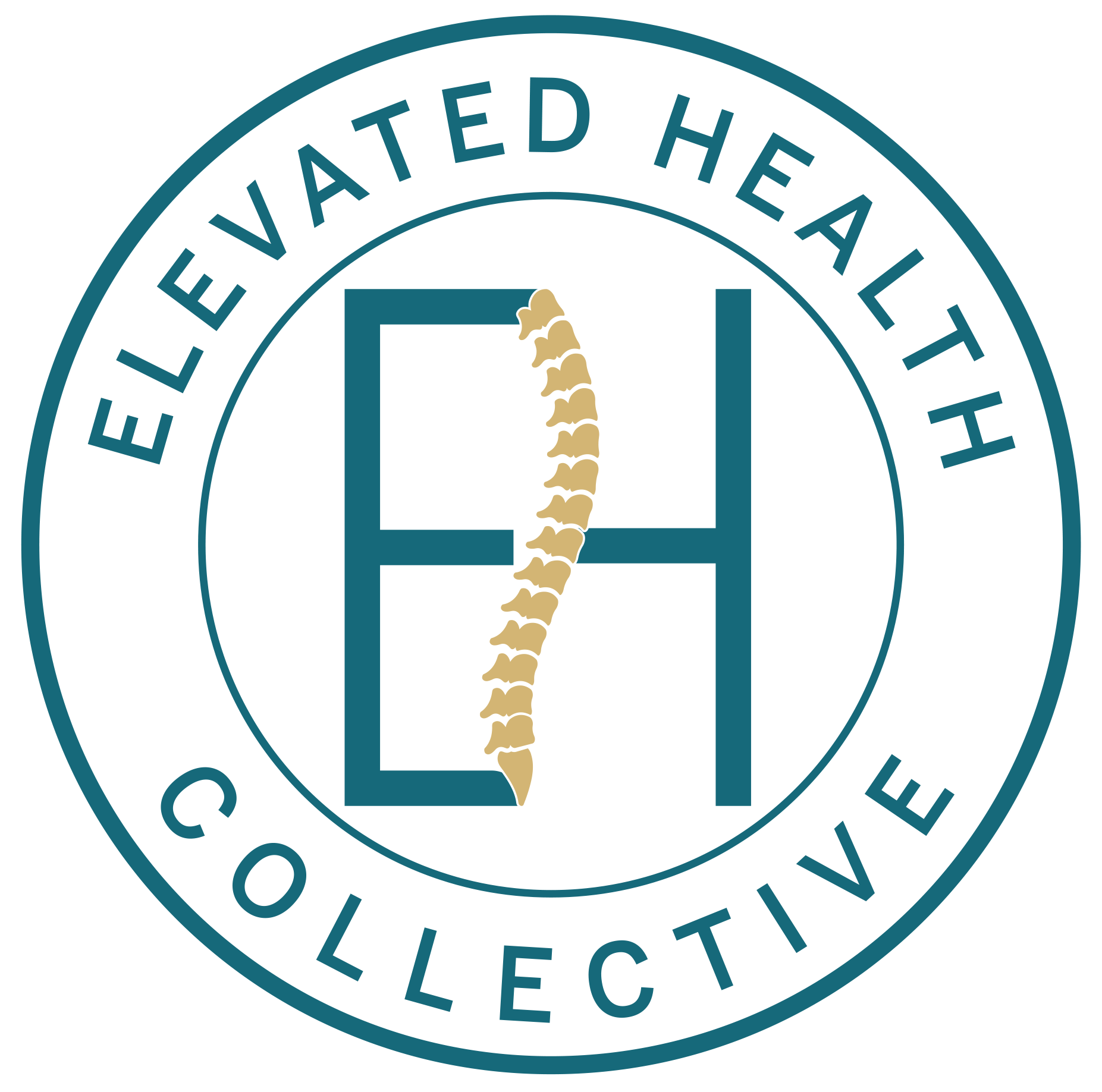Frequently Asked Questions
Chinese medicine is a holistic system of healthcare that has been practiced for thousands of years. It encompasses various modalities, including acupuncture, herbal medicine, dietary therapy, and qigong, aiming to promote balance and harmony in the body.
Yes, it's often possible to integrate Western and Chinese medicine approaches for a comprehensive healthcare strategy. Be sure to communicate with your healthcare providers to coordinate your treatments effectively.
Yes, Chinese medicine can be an excellent preventive measure. By promoting balance and strengthening the body's natural defenses, it can help you maintain optimal health and well- being.
Chinese medicine can treat a wide array of conditions, including pain, digestive disorders, respiratory issues, emotional imbalances, and more. It is often used for both acute and chronic health concerns.
Chinese medicine practitioners use various diagnostic methods, including pulse and tongue assessment, to understand the underlying imbalances in your body. This information helps create a tailored treatment plan.
Neither acupuncture nor TCM is currently covered under OHIP.
Many private insurance plans or workplace benefits packages offer coverage for certain complementary or alternative therapies, including TCM services. It's a good idea to review your private insurance policy or inquire with your employer's benefits department to determine if TCM services are covered through your private insurance plan.

